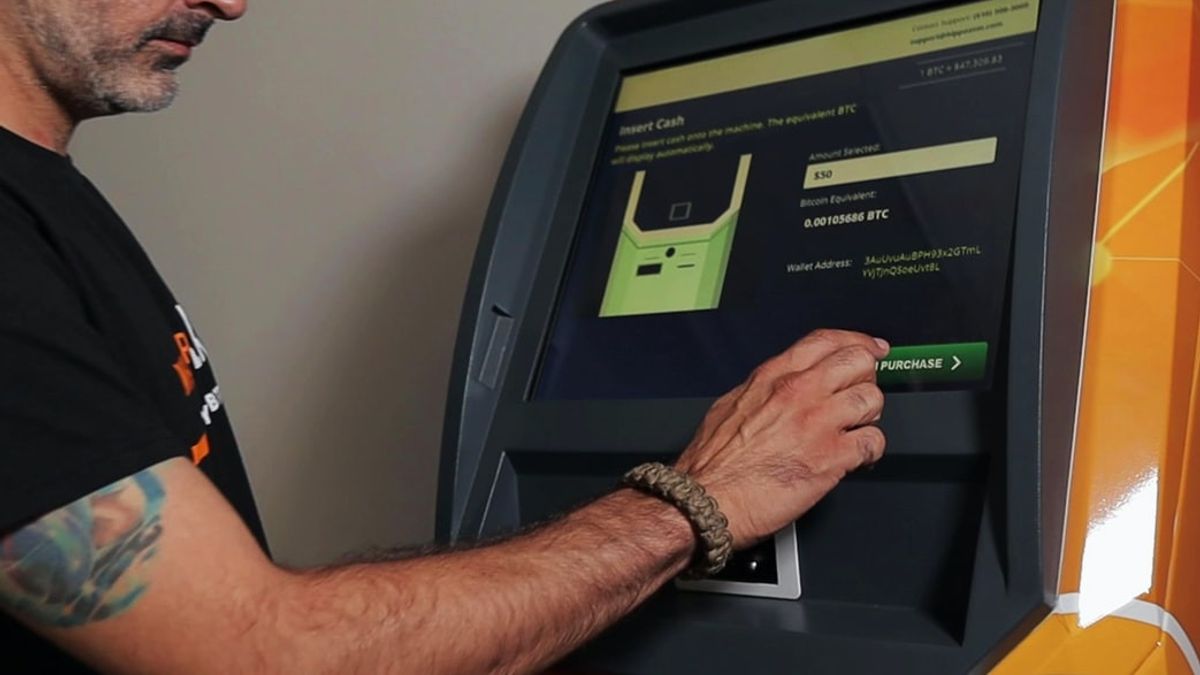JAKARTA – Uruguay has reportedly installed its first Bitcoin (BTC) ATM. This endeavor has made it the 11th South American country to publicly encourage crypto adoption. Prior to Uruguay's involvement, South America was already host to 79 Bitcoin ATMs, representing 0.2% of BTC ATM installations globally.
According to Ambito, Uruguay's first crypto ATM was installed in the coastal city of Punta del Este, a major tourist attraction in the region. Uruguay's first Bitcoin ATM was developed and installed in partnership with two local crypto companies, URUBit and inBierto.
Crypto ATMs in Uruguay currently support withdrawals and deposits of five cryptocurrencies, namely — BTC, Binance Coin (BNB), Binance USD (BUSD), Ferret Token (FRT) and Urubit (URUB). FRT and URUB are in-house cryptocurrencies managed and distributed by URUBit and inBierto respectively.
Adolfo Varela, CEO of inBierto, confirmed that the initiative is 100% funded by the Uruguayan government. inBierto is a crypto investment platform, which is also a member of the Uruguayan Fintech Chamber (Cámara Uruguaya de Fintech), a startup accelerator focused on the fintech sector. URUBit is a decentralized token created in Uruguay and used on the Binance Smart Chain (BSC).
Data from Coin ATM Radar shows that Colombia leads the South American market with 31 crypto ATM installations to date, followed by Brazil and Argentina with 22 and 11 installations respectively.
Other South American countries such as Ecuador, Venezuela, Aruba and Saint Kits and Nevis have also installed one crypto ATM. While inBierto has not responded to a request for comment from Cointelegraph, regarding their latest venture.
Last year, a Uruguayan senator introduced a bill seeking to regulate cryptocurrencies and allow businesses to accept crypto payments.
As Cointelegraph reports, senator Juan Sartori has no interest in adopting crypto as a legal tender. But it makes concessions.
“Today we presented a bill that seeks to establish the legal, legal and safe use in businesses related to the production and commercialization of virtual currencies in Uruguay,” said Sartori.
The English, Chinese, Japanese, Arabic, and French versions are automatically generated by the AI. So there may still be inaccuracies in translating, please always see Indonesian as our main language. (system supported by DigitalSiber.id)









